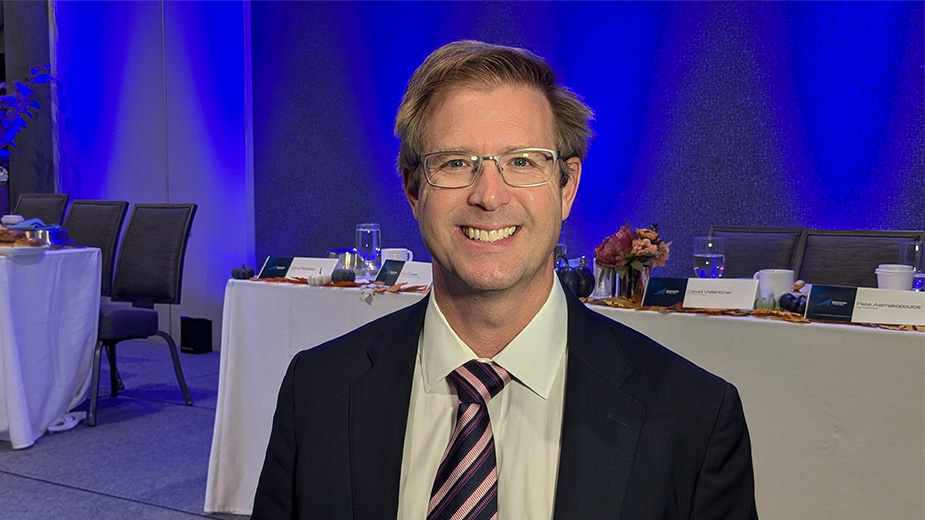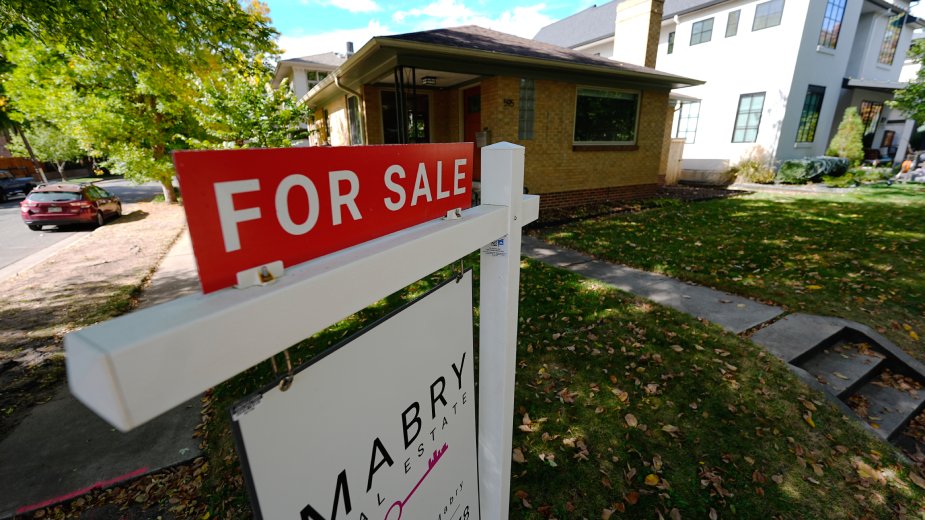PNC Survey: Most Business Owners Are Optimistic
PITTSBURGH – Despite pricing pressures and tariff concerns, measures of optimism are approaching the record-setting highs measured in spring 2018, according to the latest PNC semi-annual survey of small and mid-size business owners and executives.
Optimism among business leaders about their own company is particularly strong at 55% compared to one year ago (51%) and near the spring 2018 record high for this 16-year survey (58%).
Thirty-nine percent of respondents describe their outlook for the national economy as highly optimistic. Those pessimistic about the national economy hit a survey record low of 7%. Those expecting an increase in the need for financing (8%), employee health care costs (35%), and personal compensation and retirement (22% and 25%, respectively) all declined from a year ago.
“U.S. economic fundamentals remain solid, despite slower economic growth and the ongoing trade war between the United States and China,” said Gus Faucher, chief economist of The PNC Financial Services Group, Inc.
Nearly two-thirds (63%) of small and mid-size business leaders expect their company’s sales to increase, little changed from fall 2018 (64%), but below the near record high of 69% (spring 2018). However, 52 expect their profits to increase, down from fall 2018 (59%).
Key survey findings include:
Price Promotion: Tariff concerns appear most notably in relation to supply chains. Thirty-eight percent of small and mid-size business owners and executives anticipate tariff policies to trigger higher supplier prices over the next six months, and a small but increasing number (13%) expect their total sales to decrease based upon their understanding of tariffs. Overall, supplier price increases are expected most by industries that are the biggest purchasers of goods: wholesalers/retailers (50%); construction (43%); and manufacturers (42%). Only 26% of respondents from the services sector anticipate rising costs from suppliers.
Inflation Consternation: Expectations for consumer prices are important indicators of inflation, and 84% of respondents expect these prices to go up over the next 12 months. Business leaders expecting inflation of 3% or more jumped to 43% (37% in fall 2018), with 33% expecting 3- to 4-% inflation and 11% anticipating 5% inflation or higher.
Recession Impressions: 67% of respondents say a recession is unlikely and 30% say it is likely before the end of 2019. But there is a shift in the outlook for a recession in 2020, with businesses split on their outlook: 46% believe it is unlikely, while 47% believe it is likely. Looking further ahead, optimism wanes, with only 34% believing a recession is unlikely in 2021.
“PNC expects the current economic expansion, already the longest in U.S. history, to last into 2020. However, the risk of recession in 2020 and 2021 has risen in recent months, due to increased trade tensions and reduced fiscal stimulus,” said Faucher.
Finders Keepers: 33% of small and mid-size business leaders plan to increase the number of full-time employees within the next six months, tying the survey record high from spring 2005, while those expecting to reduce the number of full-time employees remains at 3%, near the survey low (2% spring and fall 2018). Nearly half (47%) – a record high for the survey – say it’s harder to find qualified employees than it was six months to a year ago, with 54% reporting increased wages/salaries, up from 44% in fall 2018. In addition, 31% have allowed more flexible work arrangements, 27% have increased benefits, and 25% have offered or increased bonuses.
The PNC Economic Outlook survey was conducted by telephone from July 1 to Aug. 23 among small and mid-sized businesses. 502 interviews were conducted nationally. Sampling error for the nationwide results is +/- 4.4% at the 95% confidence level. The survey was conducted by Artemis Strategy Group, based in Washington D.C.
SOURCE: PNC Financial Group
Copyright 2024 The Business Journal, Youngstown, Ohio.



